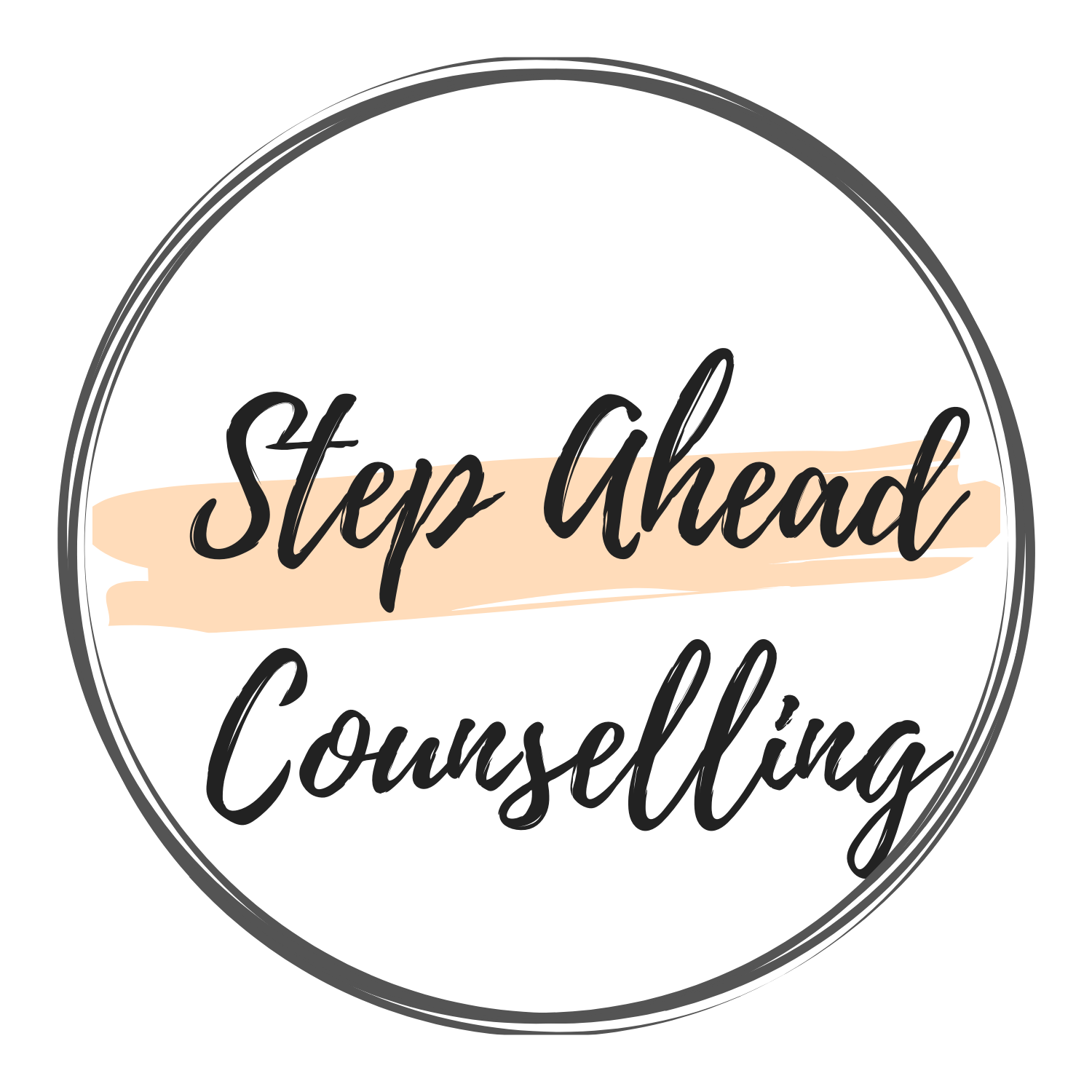Counselling – what you need to know
Counselling can be powerful, rewarding and empowering. By engaging in counselling, you are taking control of your personal situation and concerns, and with the help of your counsellor, you will explore options and opportunities for change in a safe, non-judgmental space.
When should I go see a Counsellor?
We all seek counsel in some way during our everyday life, whether it is with friends, family, co - workers etc. A professional counsellor is someone you can talk to about everyday issues, therefore, there is never a wrong time to see a Counsellor.
Whilst the decision to see a Counsellor is a matter of personal choice, if you are unsure whether counselling will be helpful to you, a better question might be: ‘would I benefit from trying counselling?’
Counselling can help you at any time when you are feeling stressed, worrying about the future, having relationship problems or just need someone to talk to in a safe, non-judgemental environment.
In an ideal world, everyone would receive counselling on a semi regular basis to help keep them one step ahead in life, on track, and to help address problems and concerns on an immediate basis—before they escalate and become distressing.
Is counselling scary?
Counselling can be scary for some, especially to those who haven’t sought counselling before. A Counsellor’s aim is to create a safe space for you to share, and to help you open windows of opportunity within yourself. You will help guide the session, including how deep you would like to delve.
A Counsellor will help you feel at ease by building connection and rapport through genuineness, empathetic understanding, and unconditional positive regard, which is the notion that every client is valued, accepted, and treated positively, regardless of the issues they present during a counselling session.
How is counselling different than sharing my problems with a friend?
A friend is not trained to help. If you are going through something traumatic, a friend may not know how to help you. This can cause a rift, and sometimes result in a relationship break down. Friends are great! But they are not Counsellors.
Counselling is different than friendship in that friendship (at least a healthy friendship) is a two-way street, give and take. The counselling space is just for you.
Most people wouldn’t see a Counsellor with the kind of issues they feel most comfortable sharing with friends. Mostly clients come when repeated patterns seem to be causing more harm than good, or a traumatic event occurs which triggers certain things.
Another key difference is that our friends hold their individual view of the world and they respond to us through their own lenses. And because they don’t want to hurt us, friends may also avoid painful truths or sometimes unwillingly have a biased opinion of a situation. Counsellors don’t want to hurt your feelings either, but know how to provide support and guidance, and how to say things in ways that will be helpful and not so painful.
Whilst our friends hold an important place in our lives and in our hearts, the therapeutic space is a structured space which is governed by an empathetic but also objective and qualified counsellor.
How do I choose the right Counsellor for me?
The quality of the relationship between the Counsellor and client is the single greatest predictor of therapy success. Therefore, it is important you choose a Counsellor who you relate to easily and feel comfortable talking to.
Like many important relationships in life, finding the right therapist can take some experimentation. The most important factors when choosing a Counsellor is that you feel safe, heard, respected and where you feel free from judgement.
If you feel like your Counsellor is not right for you or that you are not a good fit, you should seek support from another Counsellor.
I hope this information helps answer any questions you have about counselling. Counselling really is a powerful tool to help you navigate feelings, build better behaviours, and relate to your thoughts differently so you can live the life you want. Counselling can also help you unpack your limiting beliefs that are holding you back, and deal with past, unresolved trauma.
To seek support from a Counsellor you do not need a referral from a GP, which means your personal information is not kept on the public medical system, and there are much shorter waiting times. Out of pocket fees are also similar to the gap you would pay to see a Psychologist.
If you have any further questions on the counselling process or would like to make an appointment, please contact me: https://stepaheadcounselling.com.au/fees-appointments
